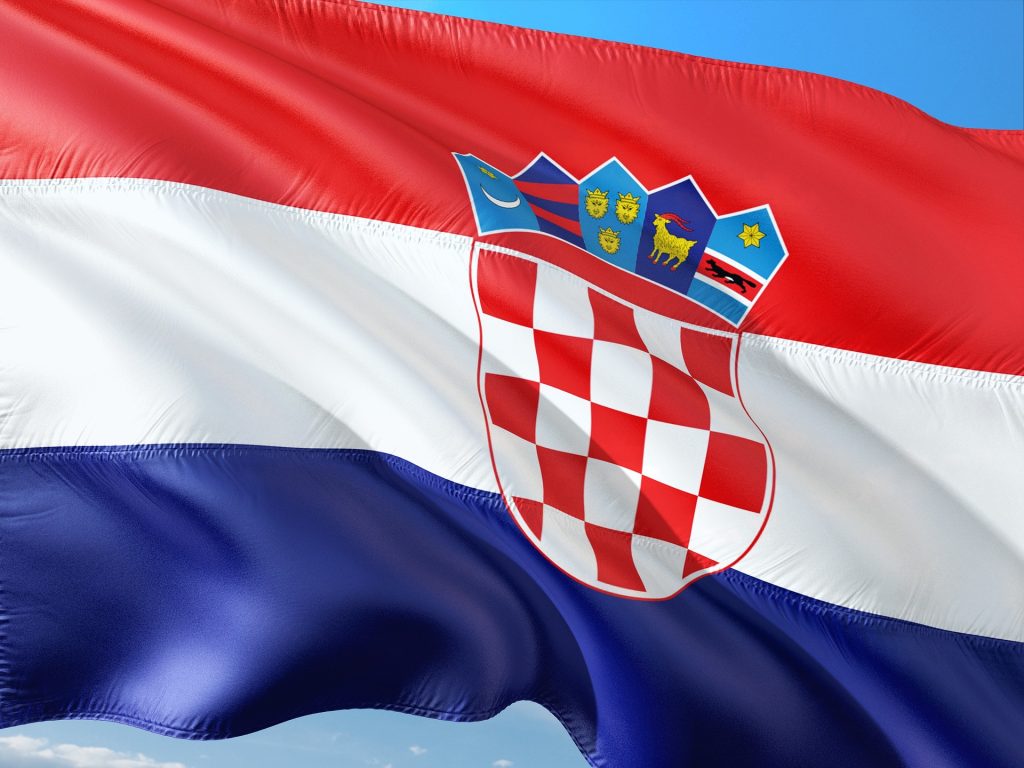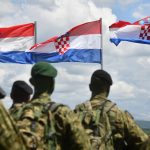July the 12th, 2024 – One military analyst has stated that women shouldn’t be spared from having to do Croatian national service when it is reintroduced.
As Poslovni Dnevnik writes, the chairman of the Parliamentary Defence Committee, SDP’s Arsen Bauk, HDZ’s Ante Deur, and military analyst Professor Marinko Ogorec spoke on HRT about the re-introduction of Croatian national service from January the 1st, 2025.
Bauk claimed that Croatia still sticks tightly to the concept of having a professional army. As he stated, after completing their training, some soldiers who want to remain in the armed forces can and do stay, and the rest will continue with their civilian lives with certain very valuable knowledge that they will acquire in a mere two or three month period.
When asked how many young people could end up having to do Croatian national service each year and whether the country actually has the capacity for their proper training, Deur replied that the capacities are indeed there.
“I believe that we’ve got quality officers and non-commissioned officers, we’ve got barracks that are good and there’s no fear or worries as far as that is concerned. The Croatian Armed Forces has its own system of work and there’s no doubt that it will be of good quality and in the interest of the military, but also of interested young people.”
Ogorec believes that it has become evident that Croatian national service should not have been frozen previously because when some skills aren’t applied for a long time, then certain serious problems arise.
an increase in the number of professional soldiers
“It would be good if Croatian national service had remained as it is. The OSRH has five and a half months to start new active military service, and we’ll see how that will be implemented,” he said. He emphasised that 2-3 months is enough for basic training.
Bauk pointed out that the activation of Croatian national service should affect the increase in the number of professional soldiers the country has. “That’s one of the things that the government and the competent ministry should explain better, as well as the actual reason national service is now being unfrozen”, he said.
He said that the Defence Committee hasn’t yet had a single meeting regarding this issue because, as he stated, such is the dynamics of the government. “What’s being circulated in the media is “quite enough”. My colleague Deur and I will spend more time on talk shows discussing national service than soldiers will actually spend doing it,” he said.
is croatia missing 4,000 soldiers?
Bauk noted that in voluntary Croatian national service, the number of conscripts who would actually end up joining the armed forces at the end was a missing point.
“Involving a larger number of young men and women would increase the opportunity for them to become members of the Croatian Armed Forces after their training is complete,” he said.
The president said that Croatia is currently lacking 4,000 soldiers, and nobody has ever come forward and denied that fact. “There are more non-commissioned officers and officers in the army than there are actual soldiers. These are topics that should be taken into account,” he said.
As for civilian military service, Deur emphasised that the ministry will decide how it will all be done. He’s aware that this is important information and assured viewers that it “will be properly communicated in good time”
Back in 2008, as many as 90 percent of young people appealed to their conscience and did Croatian national service. The question arises as to whether or not today’s young people would respond to being called up for national service or whether we’ll be surprised and have a repeat of 2008.
women should also take part in croatian national service, as well as serve in the armed forces
“There are cases where an individual doesn’t want to pick up a weapon due to their own conscience, but this doesn’t limit them in any other matter. I don’t see why such an individual wouldn’t put on a uniform and serve in the army with their colleagues,” he emphasised.
He added that within the army, there is a whole range of activities that these people can perform that don’t involve weaponry.
As for mandatory Croatian national service for both women and men, Ogorec believes that it should be so, and that women shouldn’t be spared from being called up. “I see no reason why women shouldn’t serve in the military,” he emphasised, adding that women will also be completely able to apply to the new system. He pointed out that there were many women who participated in combat activities during the Homeland War, and so gender shouldn’t be a hindrance.










